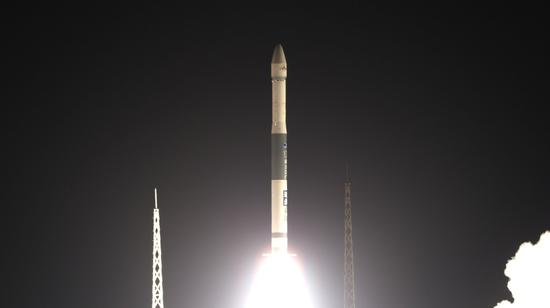
The Kuaizhou 1A carrier rocket carrying four new satellites blasts off from the Jiuquan Satellite Launch Center in Northwest China, Jan 5, 2024. (Photo provided to chinadaily.com.cn)
China launched a Kuaizhou 1A carrier rocket on Friday evening from the Jiuquan Satellite Launch Center in the northwestern Gobi Desert, marking the beginning of its space plans for 2024.
The solid-propellant rocket blasted off at 7:20 pm from its launch vehicle and placed four satellites in the Tianmu 1 meteorological observation network into their preset orbits, according to China Aerospace Science and Industry Corp, one of the nation's major State-owned space contractors.
The company said in a news release that the satellites are tasked with surveying atmospheric environmental elements around the globe.
The mission marked the 25th flight of the Kuaizhou 1A model as well as the type's third liftoff over the past two weeks, with the previous two launches also used to transport a total of eight Tianmu 1 series satellites into space.
Developed by China Space Sanjiang Group, a CASIC subsidiary in Hubei province, the 20-meter Kuaizhou 1A has a liftoff weight of about 30 metric tons. It is capable of sending 200 kilograms of payload into a sun-synchronous orbit, or 300 kg of payload into a low-Earth orbit, according to its designers.
So far, 22 satellites in the Tianmu network have been deployed in space. Upon its completion, the network will be used to conduct integrated measurement of oceans, atmosphere and ionosphere around the clock. It will provide accurate weather data to meteorological authorities and industry users for forecast and other purposes, according to the release.
Wang Yanan, chief editor of Aerospace Knowledge magazine, said that the Kuaizhou 1A rocket made six launches in 2023 and all of them were successful, and this fact showed that the rocket model has become relied upon by CASIC to fulfil its satellite plans.
"The rocket type can be used on short notice and without sophisticated preparations, which makes it a good choice to deploy large groups of small satellites within a short period," he explained.
Last year, China carried out 67 rocket launches, and 47 of them were conducted by the Long March rocket family, the nation's main launch vehicle fleet.
A remarkable phenomenon in the country's space community in 2023 was that a total of 12 rockets built by private Chinese companies were used to send satellites, far more than previous years, representing a rising power in the Chinese space sector.














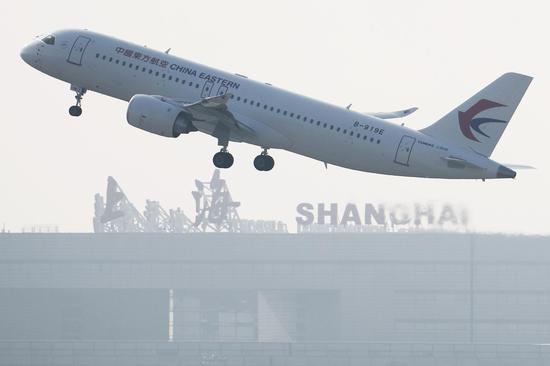

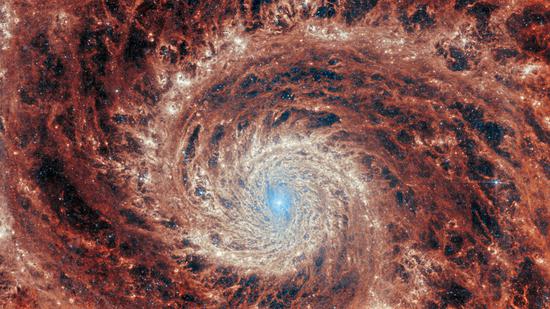






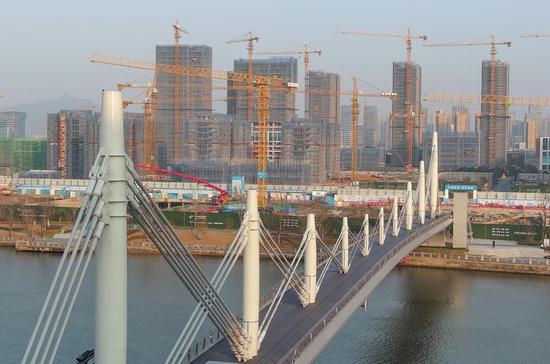






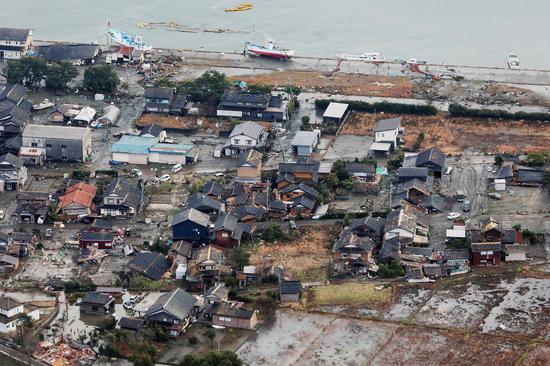







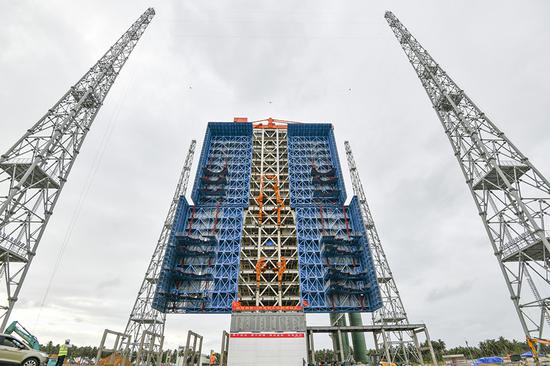



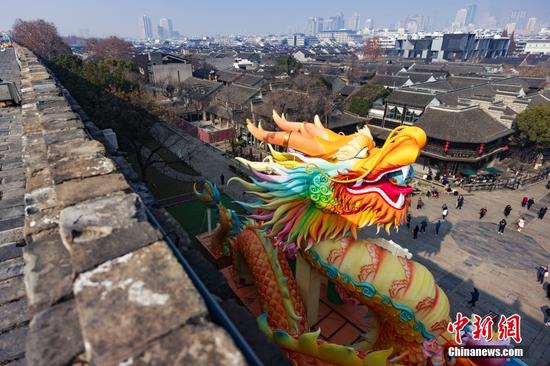

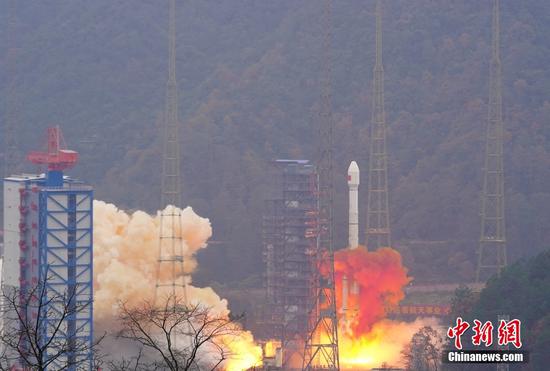





 京公网安备 11010202009201号
京公网安备 11010202009201号